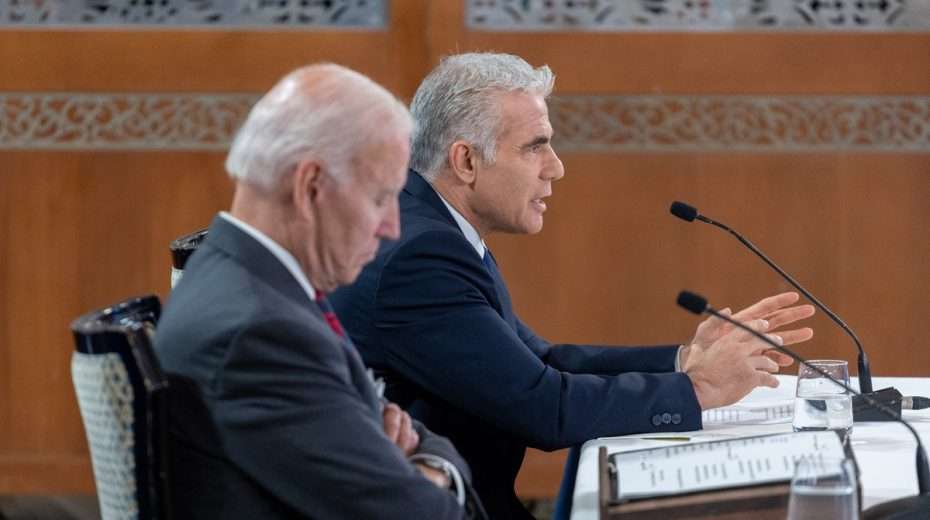For decades American foreign policy vis-à-vis Israel was relatively consistent regardless of whether a Republican or Democrat was in the White House.
Presidents from both parties affirmed Israel’s right to exist in security, helped Israel maintain a qualitative military edge over her enemies, opposed Jewish settlements, and generally disagreed that the Jewish state should be allowed to hold on to Judea and Samaria (the so-called “West Bank”) or the eastern half of Jerusalem.
Jimmy Carter, Ronald Reagan, George H.W. Bush, Bill Clinton, George W. Bush… they all followed this familiar roadmap.
But over the past 12 or so years, something’s changed.
Polls have increasingly shown Israel becoming a partisan, rather than a bipartisan issue, with an ever-growing percentage of Democrats turning against the Jewish state and taking up the banner of the Palestinian cause.
This has been manifest most brazenly in the rantings and attempted legislative sabotage of the Democratic Party’s progressive wing, led by the so-called “Squad.”
But we also see it more and more in presidential foreign policy flip-flops.
The aforementioned presidents were never too harsh in their rhetoric against Jewish settlements (at least not in public), always took a firm tone against Palestinian terrorism, and consistently had Israel’s back at the United Nations.
And then came Barack Obama, who’s conciliatory approach not only to hostile Arab states and groups like the Muslim Brotherhood, but even to the Israel-hating mullahs of Iran, put him on a collision course with Prime Minister Benjamin Netanyahu that deeply soured relations between Washington and Jerusalem, if not between Israel and the American people.
Netanyahu knew that a majority of Americans still backed Israel unequivocally, and so he repeatedly sidestepped Obama, which only made the relationship more tense.
In his final foreign policy act before leaving the White House, Obama had his revenge by refusing to veto an unabashedly anti-Israel resolution at the United Nations that labeled the Jewish presence in all Judea and Samaria as “illegal,” declared any land captured during the Six-Day War as officially “occupied,” and failed to condemn recent Palestinian terror attacks.
He had shifted the goal posts, and it doesn’t seem they’ll ever return to their original position.
After Obama came Donald Trump, who flipped Obama position on its head by implicitly acknowledging the legitimacy of Jewish settlement in Judea and Samaria and explicitly recognizing Israel’s sovereignty over the entirety of Jerusalem.
Trump was also the first president to suggest that Palestinian incitement and terrorism, not a lack of Israeli concessions, was the major roadblock to peace.
The goal posts had again been shifted.
Now we have Joe Biden, who expressed a genuine affinity for Israel and the Jewish people during his visit last week, but who also made a number of moves and statements attempting to upend Trump’s policies.
Biden visited eastern Jerusalem without Israeli accompaniment (he even removed the Israeli flag from his limo), said the city’s final status remained up for negotiation, and reiterated Obama’s earlier commitment to a two-state solution (and thus the removal of all Jewish settlement from the biblical heartland).
It’s hard to imagine a future president going further to the left than Obama (unless a member of the Squad one day becomes president), or further to the right than Trump when it comes to Israel. But it is increasingly clear that these positions have become matters of left vs. right, Democrat vs. Republican, and there is little indication that the flip-flopping in American policy will cease with future administrations.















